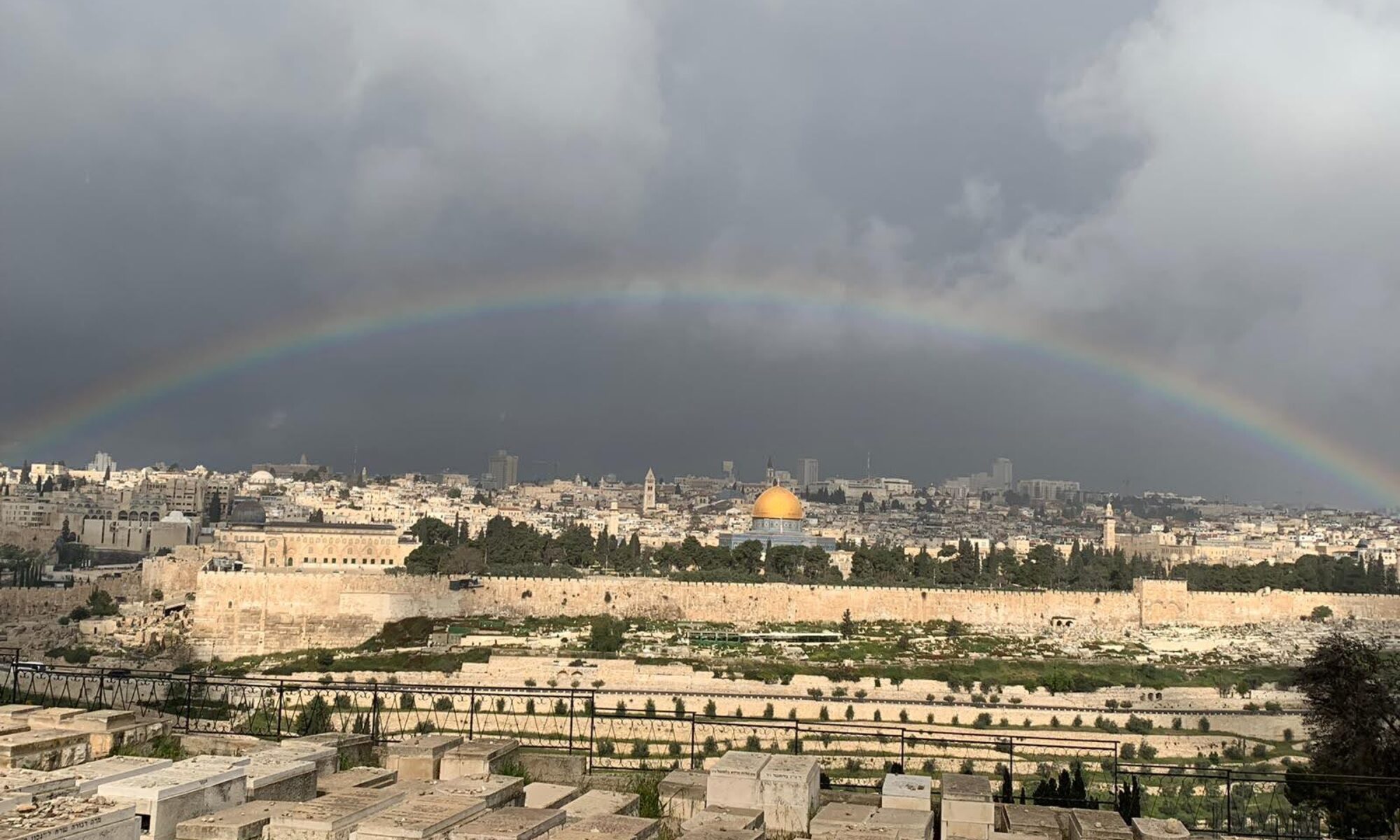How often do you forget God’s word when you’re living life? In those moments where you’re gossiping around the water cooler, or when you’re swearing at the car in front of you, when you’re fudging the truth to protect your personal image, or maybe having illicit thoughts of another that should never be entertained in your mind’s eye – are you remembering God’s commandments? We each have those moments where His presence isn’t front of mind. God addresses this forgetful tendency in the next positive commandment as enumerated by Maimonides.
P14 – To make tzitzit, as Number 15:38 states: “And you shall make tzitzit for them.[1]“
Tzitzit (tassels) are another command easily found in the Gospel accounts. In one reference, as with the previous commands, Yeshua is bringing correction to the practice of this commandment. As with P12 & 13, this law is not for getting noticed by others. It’s another protection for the soul when performed in humble obedience. In the days of Jesus, that was a problem and so Yeshua spoke about the issue saying:
Matthew 23:5 (TLV)
5 All their works they do to be noticed by men. They make their tefillin wide and their tzitziyot long.
As with the tefillin in P12 and P13, Yeshua is not saying to stop practicing this commandment, but rather He is saying to practice it with appropriate measure and purpose. If you have others in focus when wearing them, you are falling into the pit Jesus described as you honor yourself rather than honoring God.
Remembering His Ways
Numbers 15:39–40 (ESV)
39 And it shall be a tassel for you to look at and remember all the commandments of the Lord, to do them, not to follow after your own heart and your own eyes, which you are inclined to whore after. 40 So you shall remember and do all my commandments, and be holy to your God.
This commandment has a protective measure built into it. We tend to wander from God’s teachings in life, but the tassels serve as reminders to bring us back to Him. I have personally experienced this wake up call when I had some hateful negative thoughts while at work. I reached into my pocket and felt the tassel through the lining, which instantly reminded me of God’s ways and helped me correct my thinking. These thoughts were not aligned with God’s teachings, and the tassel served as a reminder to return to God’s path.
The Talmud tells a story of a man tempted to engage in sexual sin, but the tassels hit him in the face, causing him to turn back to God and ultimately saving another person as well[2]. It was this story that made me consider seemingly random references in Paul’s writings and I now think he may have been using the tzitzit as part of his teaching in Colossians 3:1-17 when we are told to clothe ourselves in God’s ways.
Colossians 3:1–2 (TLV)
1 Therefore, if you have been raised up with Messiah, keep seeking the things above—where Messiah is, sitting at the right hand of God. 2 Focus your mind on things above, not on things on the earth.
Colossians 3:12–14 (TLV)
12 Therefore, as God’s chosen people, holy and dearly loved, clothe yourselves in tender compassion, kindness, humility, gentleness, and patience— 13 bearing with one another and forgiving each other, if anyone has a grievance against another. Just as the Lord pardoned you, so also you must pardon others. 14 But above all these things put on love, which is the bond of perfect harmony.
Healing in the Wings
There are other important references to tzitzit in the New Testament that testify to our Master wearing them. Consider these two stories in the Gospels: Luke 8:43-48 and Matthew 14:34-36
Luke 8:44 (TLV)
44 She came up from behind and touched the tzitzit of Yeshua’s garment. Immediately, her blood flow stopped.
Matthew 14:35–36 (TLV)
35 And when the men of that place recognized Yeshua, they sent word into all the surrounding region. And they brought to Him all those who were in bad shape 36 and kept begging Him that they might just touch the tzitzit of His garment—and all who touched it were cured.
Growing up in a church I heard these stories any number of times. No one stopped to ask the question, “why were they so anxious to touch the fringe of His garment?” The thought doesn’t make sense unless you understand more of the Jewish thought of tzitzit. They are an extension of the four corners of the garment and those four corners take on deep meaning within Messianic prophecy.
Canaph (כנף) isn’t just “corner” as we understand it with a garment. It’s also translated as “wing.” When the Jewish people saw that Yeshua was a righteous prophet of God and more importantly, when they realized that He was a contender for being the Messiah, they had a natural understanding that in the “wings” of His garment there would be a healing for the nations. Why? Because that’s what the prophet told us in this prophecy:
Malachi 4:2 (ESV)
2 But for you who fear my name, the sun of righteousness shall rise with healing in its wings (canaph). You shall go out leaping like calves from the stall.





